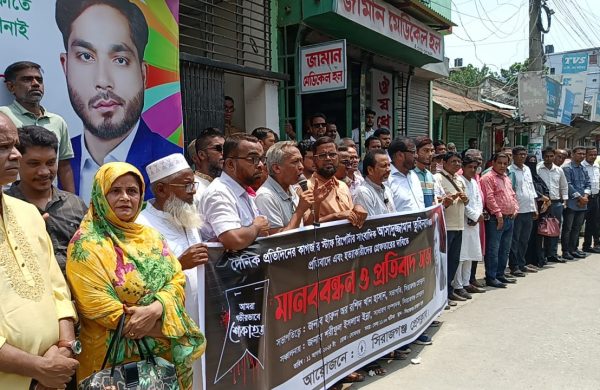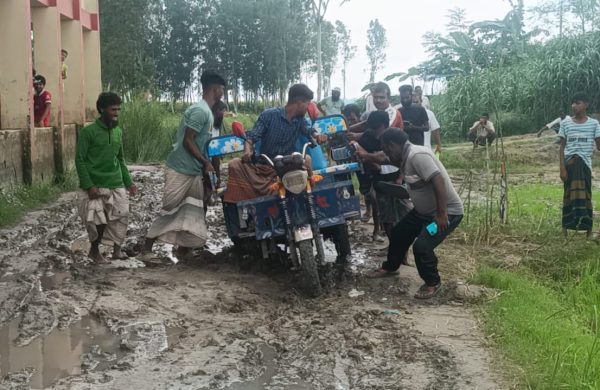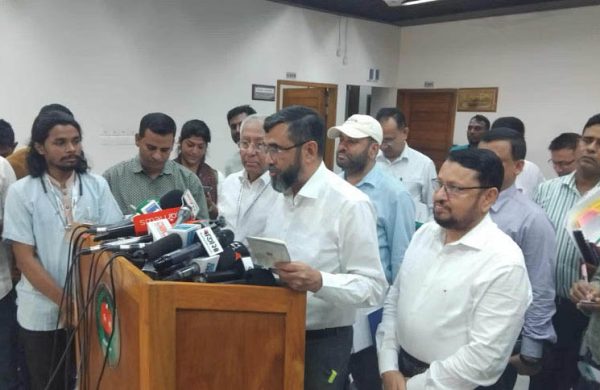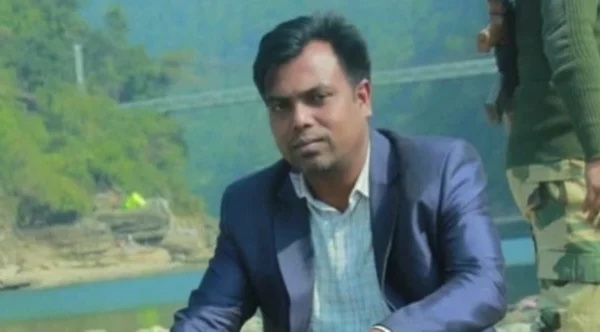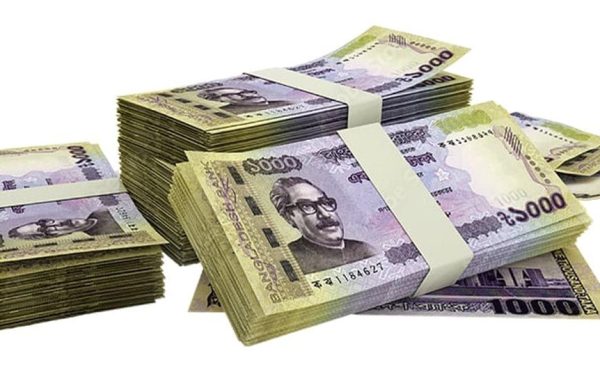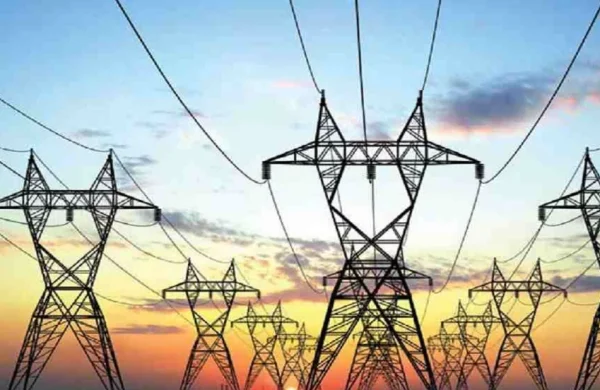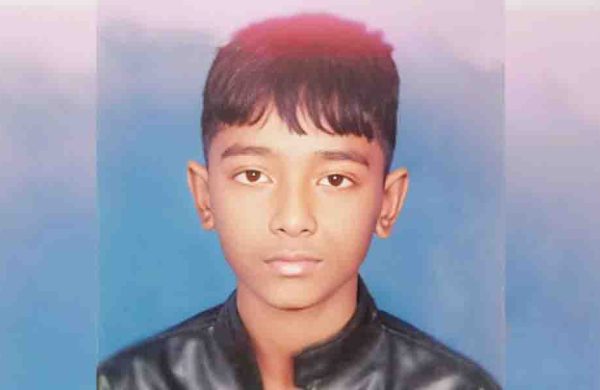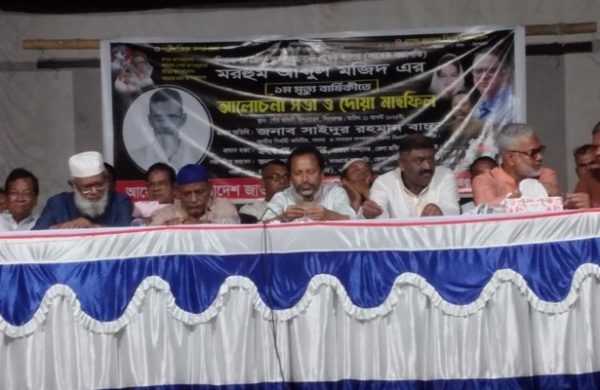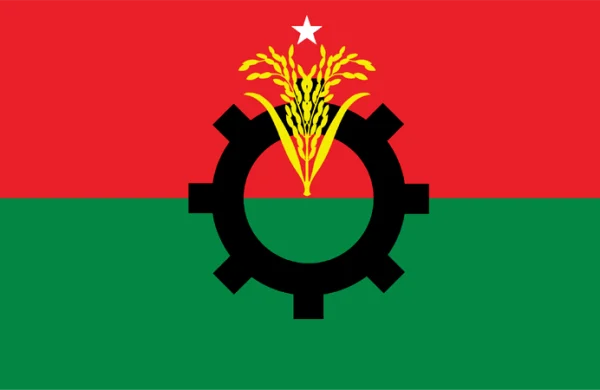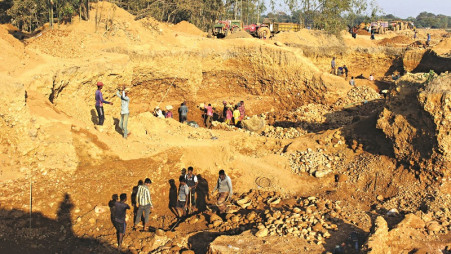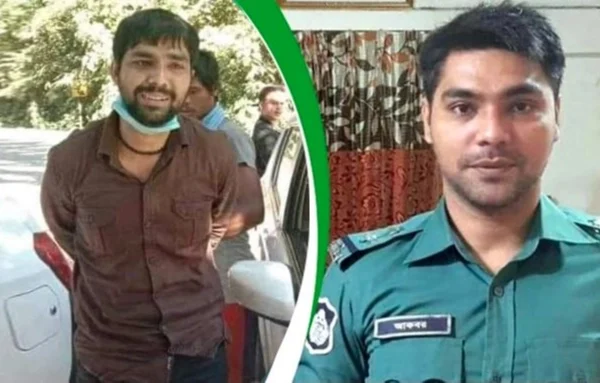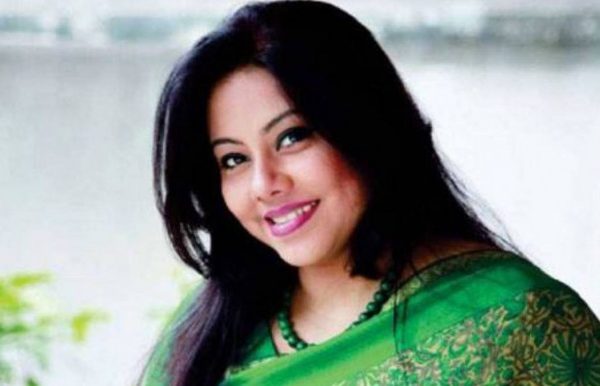BIGD Survey: Undecided voters over whom to vote soars to 48.5pc
- Update Time : Monday, August 11, 2025
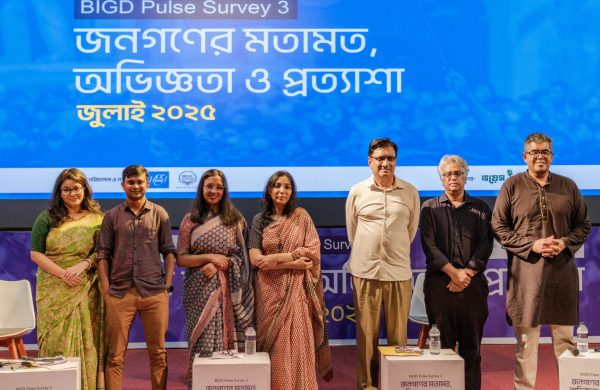
Staff Correspondent:
The number of people in indecision in the question whom they are going to vote for has further increased. In a survey conducted in October, some 38 per cent people said they were yet to decide in this regard, which has increased to 48.5 per cent eight months later.
Besides, some 14.40 per cent people do not want to reveal whom they will vote for and 1.7 per cent people said they won’t cast votes.
The figures came up in the results of “BIGD’s Pulse Survey: July 2025 – Citizens’ Perceptions, Expectations, and Experiences” conducted by the BRAC Institute of Governance and Development (BIGD).
The results of the survey on, public evaluation of the activities of the interim government, reform, election and popularity of the political parties, were published at an event organised at the National Archives Auditorium in the capital’s Sher-e-Bangla Nagar on Monday.
BIGD and citizen platform, Voice for Reform, jointly organised the programme.
In response to the question of which party they would vote for in the upcoming national election, 12 per cent mentioned the Bangladesh Nationalist Party (BNP), 10.40 per cent Jamaat-e-Islami, and 2.80 per cent the National Citizen Party (NCP).
Eight months ago, in October last year, when the same question was asked, 16.30 per cent had said BNP, 11.30 per cent Jamaat, and 2 per cent NCP.
In other words, over the past eight months, support for the BNP and Jamaat has fallen slightly, while the NCP’s support has risen marginally.
In the survey, 8.9 per cent of respondents in October had said they would vote for the Awami League (now banned from political activities). That figure has now fallen to 7.3 per cent. Meanwhile, support for the Jatiya Party has dropped from 0.7 per cent to 0.3 per cent, and votes for other Islamist parties have fallen from 2.6 per cent to 0.7 per cent.
However, when asked which party’s candidate they thought would win in their constituency, 38 per cent of respondents named the BNP. In response to this question, 13 per cent mentioned Jamaat, 1 per cent mentioned the NCP, and 7 per cent mentioned the Awami League.
At the event, BIGD fellow of practice Syeda Selina Aziz presented the survey results.
She said that opinions were collected from 5,489 people from various professions in both rural and urban areas. Of them, 53 per cent were men and 47 per cent were women; 73 per cent were from rural areas and 27 per cent from urban areas.
The survey sought opinions on politics, the economy, ongoing issues, reforms and other topics through telephone interviews. It was conducted from 1 to 20 July. Earlier, based on October’s data, BIGD had released the results of its second pulse survey in December.
Optimism about the political future has declined
In the BIGD survey, respondents were asked whether they believed Bangladesh was heading in the right direction politically and economically, considering the current political and economic situation.
In response, 42 per cent said the country was on the right track politically, while 45 per cent felt it was on the right track economically. In October last year, 56 per cent had said the country was on the right track politically, and 43 per cent had said it was on the right track economically.
This means that optimism about the country’s economic situation has slightly increased, but optimism about its political future has declined.
When asked how they would rate the interim government’s efforts so far out of 100, respondents gave it 63 per cent, down from 68 per cent in October last year.
A total of 51 per cent of respondents said they wanted a well-implemented reform process before elections, while 17 per cent preferred elections after some urgent reforms. Fourteen per cent felt elections should be held without any reforms, and 13 per cent said they had no idea about the reforms.
When asked which reforms were necessary—where multiple answers could be given—30 per cent of respondents mentioned improving law and order. Sixteen per cent said improving the legal and judicial system, 11 per cent ensuring security, 16 per cent revitalising the economy or business, 13 per cent reducing prices of essential commodities, 10 per cent reducing unemployment, and 17 per cent tackling corruption. In addition, 19 per cent each mentioned reducing political unrest and intolerance, and reforming the electoral system.
The survey also asked when respondents wanted the national election to be held. In reply, 32 per cent said they wanted it before next December, 12 per cent by February 2026, 11 per cent by June, and 25 per cent said in December 2026 or later.
Seventy per cent of respondents said they believed the next national election would be fair, free, and impartial. Fifteen per cent thought it would not be fair, while 14 per cent said they did not know.
After the publication of the survey results, BIGD senior research fellow Mirza M Hassan and Dhaka University associate professor Asif Mohammed Shahan took part in a panel discussion.
The session was moderated by AKM Fahim Mashroor, co-convener of Voice for Reform. After the discussion, the panellists answered various questions from journalists.


